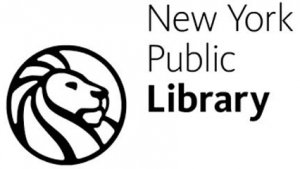NYPL Martin Duberman Visiting Scholar in LGBT Studies
The Martin Duberman Visiting Scholar program at The New York Public Library fosters excellence in LGBT studies by providing funds for scholars to do research in the Library’s preeminent LGBT historical collections. The fellowship is open to both academic faculty and independent scholars who have made a significant contribution to the field. The recipient of the award will receive $20,000 to fund their research at the Library. The awardee will be expected to spend a minimum of three months researching at the Library and at other archives relevant to their topic in the New York City area, to give a public talk on their work, and to write a short piece about their project for the Library’s website. To be considered for the fellowship, applicants should send a research proposal of 5-10 pages, their updated Curriculum Vitae, an example of their research (article or book chapter), and an appropriate letter of recommendation.
Applications for the August 2019 through June 2020 year will be due June 30, 2019.
Applications should be sent as one pdf file to Jason Baumann, jasonbaumann@nypl.org.
Martin Duberman is Distinguished Professor of History Emeritus at Lehman College and the Graduate School of the City University of New York and was the founder and first director of the Center for Lesbian and Gay Studies at the CUNY Graduate School. He has authored some two dozen books, including James Russell Lowell, finalist for the National Book Award; Black Mountain: An Exploration in Community; Paul Robeson; Stonewall; the memoir Cures: A Gay Man's Odyssey; Pulitzer Prize Finalist for The Worlds of Lincoln Kirstein, and Jews Queers Germans: A Novel. In 2012, Amherst awarded Duberman an honorary Doctor of Humane Letters. He lives in New York City. His papers are held in the New York Public Library’s Manuscripts & Archives Division.
